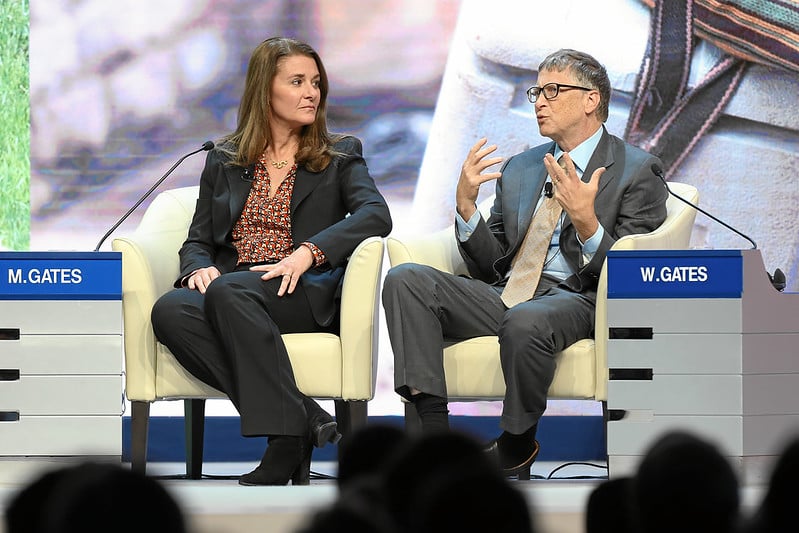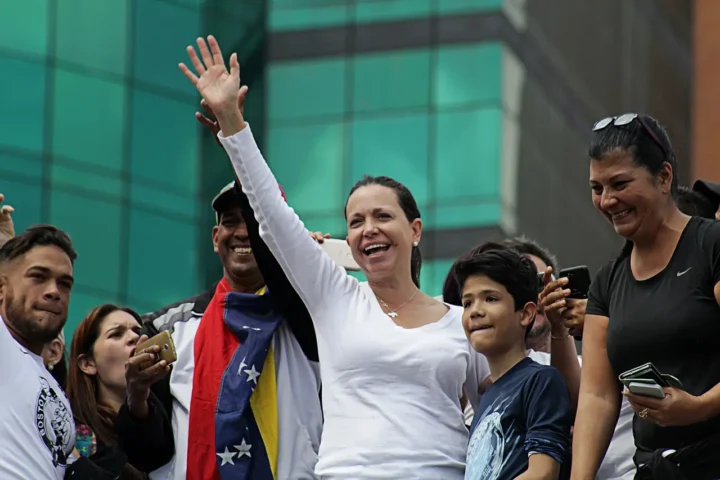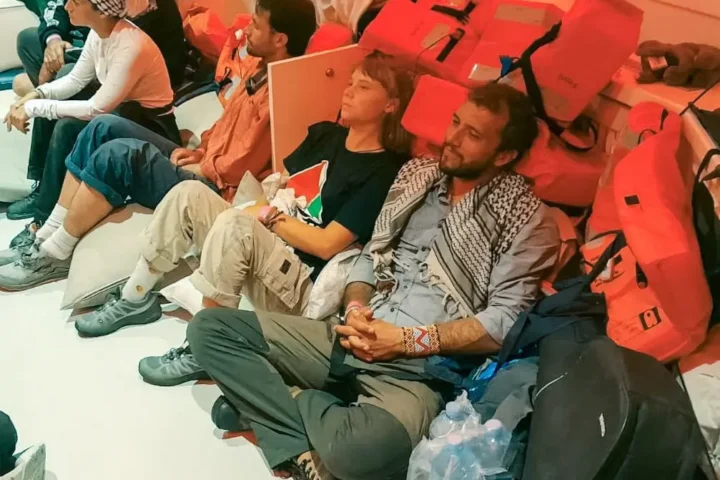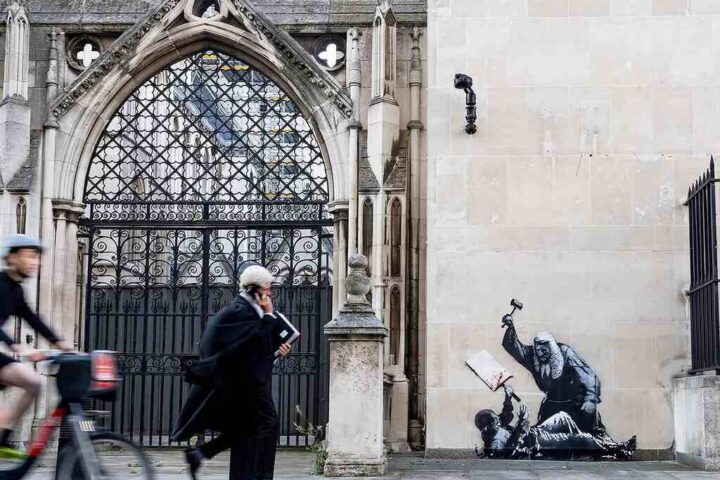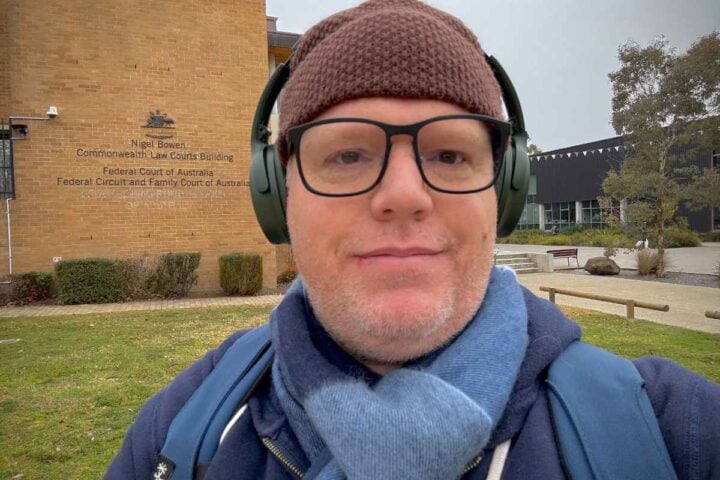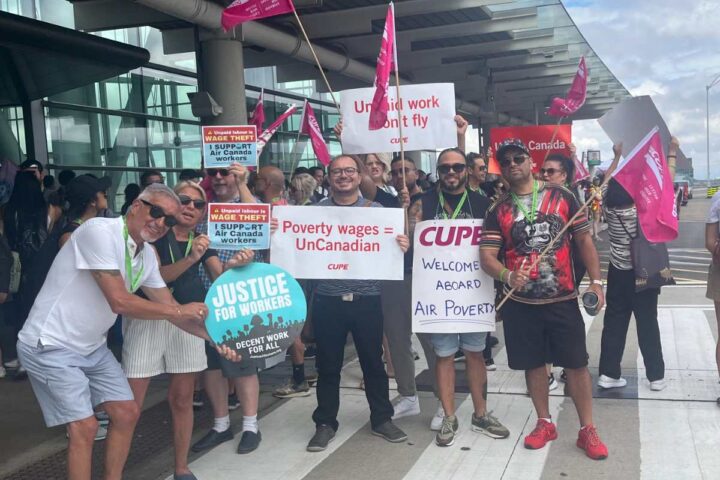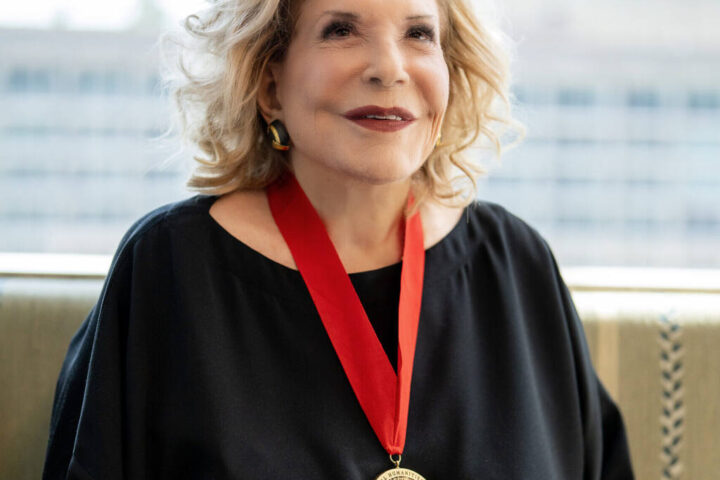Bill Gates just made philanthropy history with the largest charitable commitment of modern times. The Microsoft co-founder announced his foundation will spend $200 billion over the next 20 years before shutting down on December 31, 2045 – doubling the pace of giving from one of the world’s most influential charitable organizations.
The Gates Foundation plans to spend more than $200 billion between now and 2045, when its operations will wind down entirely. This dramatic acceleration means Gates will donate 99% of his estimated $107 billion fortune through the foundation, marking a shift from the original plan to operate decades beyond the founders’ lifetimes.
The numbers behind this commitment are staggering. The Gates Foundation currently holds $77.2 billion in assets as of December 31, 2024, having already distributed over $100 billion since its 2000 launch. Gates expects the foundation to spend more than $200 billion over the next 20 years, depending on factors such as inflation and market performance.
Gates Foundation CEO Mark Suzman confirmed that the funding pledged for the last 20 years actually exceeds the foundation’s current endowment. This means Gates will need to contribute additional billions from his wealth to meet the $200 billion target. The foundation’s annual budget will increase from $6 billion to $9 billion by 2026, representing an unprecedented acceleration in charitable spending.
Warren Buffett has been a major contributor to the foundation’s endowment. Buffett gave $43.3 billion to the Gates Foundation from 2006 to 2024, though he announced in 2024 that the foundation won’t receive any more money after his death.
In a recent Fortune interview, Gates specifically commended Mark Zuckerberg for his philanthropic efforts through the Chan-Zuckerberg Initiative (CZI). Gates said Zuckerberg is “off to a very good start,” and highlighted his work through the Chan-Zuckerberg Initiative as a strong example of next-generation giving.
“He’s someone I talk to about a lot of things, including philanthropy,” Gates said. “There are dozens and dozens of tech entrepreneurs in the Giving Pledge doing amazing giving.”
Zuckerberg and his wife Priscilla Chan founded CZI in 2015, pledging to donate 99% of their Facebook-derived wealth. The Chan Zuckerberg Initiative is not a charitable trust or private foundation but a limited liability company, giving it more flexibility to invest in for-profit startups, spend on advocacy initiatives and lobbying, and make political donations.
CZI has undergone significant changes recently, particularly around diversity, equity, and inclusion (DEI) programs. On February 19, 2025, CZI COO Marc Malandro sent an email to all employees saying “Given the shifting regulatory and legal landscape, we will no longer have a Diversity, Equity, Inclusion, and Accessibility team at CZI.”
The organization has ended its social advocacy funding, which previously supported immigration reform and racial equity initiatives. CZI has publicly described this shift as part of a long-planned transition to a more science-focused philanthropy. But internally, employees say, leaders have made clear that the change is a reaction to the Trump administration and a desire to avoid undue attention from Washington.
These changes have affected numerous organizations. In 2025 CZI informed programs which could be associated with DEI, including many of their San Mateo County partners, that their funding would not be continued. CZI also announced the closure of The Primary School, a tuition-free institution it founded in East Palo Alto, after the 2025-26 school year.
Both Gates and Zuckerberg are signatories of the Giving Pledge, launched by Gates, Warren Buffett, and Melinda French Gates in 2010. This initiative encourages ultra-wealthy individuals to commit the majority of their fortunes to charitable causes. The Giving Pledge, founded by Gates, Buffett, and Melinda French Gates in 2010, counts more than 240 signatories from 30 countries.
The Giving Pledge operates as both a commitment mechanism and a learning network, organizing sessions on topics like AI in education and effective philanthropy strategies. The network has become particularly influential among tech entrepreneurs who built fortunes from the digital economy boom.
CZI’s LLC structure represents a growing trend in modern philanthropy. As an LLC, the organization has more flexibility in how it addresses its goals, and can invest in for-profit startup companies, can spend money on advocacy initiatives and lobbying, can make political donations, does not have to disclose the pay of its top five executives and has fewer other transparency requirements than a charitable trust.
This “philanthrocapitalism” approach allows for venture-style investments and direct political advocacy but comes with reduced IRS transparency requirements compared to traditional 501(c)(3) foundations. The model offers flexibility but has drawn criticism over accountability and democratic oversight of unelected foundation influence on public policy.
Gates has been vocal about the limitations of private philanthropy in replacing government aid programs. “No philanthropic organization — even one the size of the Gates Foundation — can make up the gulf in funding that’s emerging right now,” he wrote. “It’s unclear whether the world’s richest countries will continue to stand up for its poorest people.”
Similar Posts
This concern comes amid tensions with the current U.S. administration over foreign aid cuts. Gates said that despite his foundation’s deep pockets, progress would not be possible without government support. He has warned that cuts to international aid could reverse decades of progress in global health and development.
“Gates is a huge liar,” Musk said in reply to a tweet on his X social media platform that featured an interview with Gates warning about U.S. aid cuts, highlighting the ongoing tensions between different approaches to addressing global challenges.
Gates’ decision to close the foundation by 2045 echoes historical philanthropic models. Gates expressed concern that philanthropic organizations like his won’t be able to fill the void in global aid left by recent government cuts. He cited influences including Andrew Carnegie’s “The Gospel of Wealth” essay and his mother’s belief that “to whom much is given much is expected.”
Gates described the influences in his life that shaped his commitment to philanthropy, starting with his mother, Mary Gates, who died in 1994. She was a staunch believer in the idea that “to whom much is given much is expected,” Gates wrote.
The foundation’s sunset strategy aims to create urgency while providing certainty to partners about future funding. The foundation has 11,750 grantees and more than 2,000 employees worldwide spread across its Seattle headquarters and offices in multiple countries.
The Gates Foundation will continue targeting its core areas during the accelerated spending phase: global health, development, and U.S. education. Since its inception, the foundation has contributed to saving 82 million lives through its support of Gavi, the Vaccine Alliance and the Global Fund to Fight AIDS, Tuberculosis and Malaria.
CEO Mark Suzman said the foundation has been making the case to governments, including the Trump administration, to continue their support for global programs, in particular Gavi, the Vaccine Alliance, and the Global Fund to Fight AIDS, Tuberculosis, and Malaria.
The foundation plans to leverage artificial intelligence applications, strengthen digital public infrastructure, and advance gender equality initiatives. These efforts will be measured through lives saved, diseases eradicated, and people lifted out of poverty.
The planned closure by 2045 raises important questions about program continuity and impact sustainability. While the foundation aims to “spend down” all resources, it’s working to ensure institutions and partnerships outlast its operations. “Bill and Melinda were always clear from the start that they wanted this foundation to be focused on today’s problems, today’s challenges,” Suzman said.
The accelerated timeline creates both opportunity and challenges. It concentrates resources for maximum near-term impact but requires careful planning to avoid disrupting long-term initiatives. The foundation must balance urgency with sustainability, ensuring local stakeholder capacity building and knowledge transfer to institutions that will continue the work.
Strategic transparency will be crucial, with real-time tracking of endowment deployment and grant effectiveness. The foundation’s sunset planning includes robust evaluation systems and collaborative learning through networks like the Giving Pledge.

The Gates Foundation announced its plan to spend $200 billion over the next 20 years before closing by December 31, 2045. Bill Gates praised Mark Zuckerberg’s philanthropic progress through the Chan-Zuckerberg Initiative, noting both are part of a growing movement of tech entrepreneurs committed to major wealth redistribution. The CZI recently discontinued its DEI programs and social advocacy funding, shifting focus toward science initiatives. Both foundations operate through different structures – Gates as a traditional foundation and CZI as a limited liability company – reflecting varied approaches to modern philanthropy.
The Giving Pledge network, with over 240 signatories, continues to facilitate collaboration among ultra-wealthy donors. Gates has emphasized that private philanthropy cannot replace government aid programs, particularly amid current debates over foreign aid spending. The accelerated timeline represents the largest philanthropic commitment in modern history, focused on global health, development, and education initiatives before the foundation’s planned closure in 2045.
